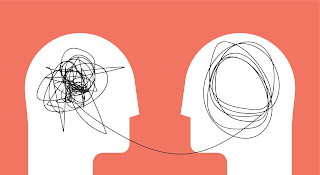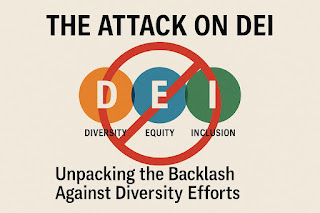In recent years, we’ve seen a growing recognition of the connection between social justice and environmentalism. The concept of "wokeness," has played a significant role in driving this intersection.
Today, we’ll analyze the synergy between wokeness and environmentalism, emphasizing the emergence of eco-justice as a pivotal framework for addressing environmental issues through a social justice lens.
Understanding Eco-Justice:
Eco-justice,
also known as environmental justice, encompasses the principle that all
individuals, regardless of race, class, gender, or socioeconomic status, have
the right to a healthy and sustainable environment. It acknowledges the
disproportionate impacts of environmental degradation and climate change on
marginalized communities, particularly those in low-income areas and
communities of color. Eco-justice seeks to address environmental injustices and
promote equitable access to clean air, water, and natural resources for all.
The Role of Wokeness in Environmentalism:
Wokeness has been instrumental in expanding the discourse of environmentalism to include issues of social justice and equity. It has brought attention to the ways in which environmental degradation intersects with systemic injustices, including racism, colonialism, capitalism, and patriarchy. Wokeness challenges the notion of environmentalism as a












